
Supporting ethical animal research with flexibility, speed, and integrity.
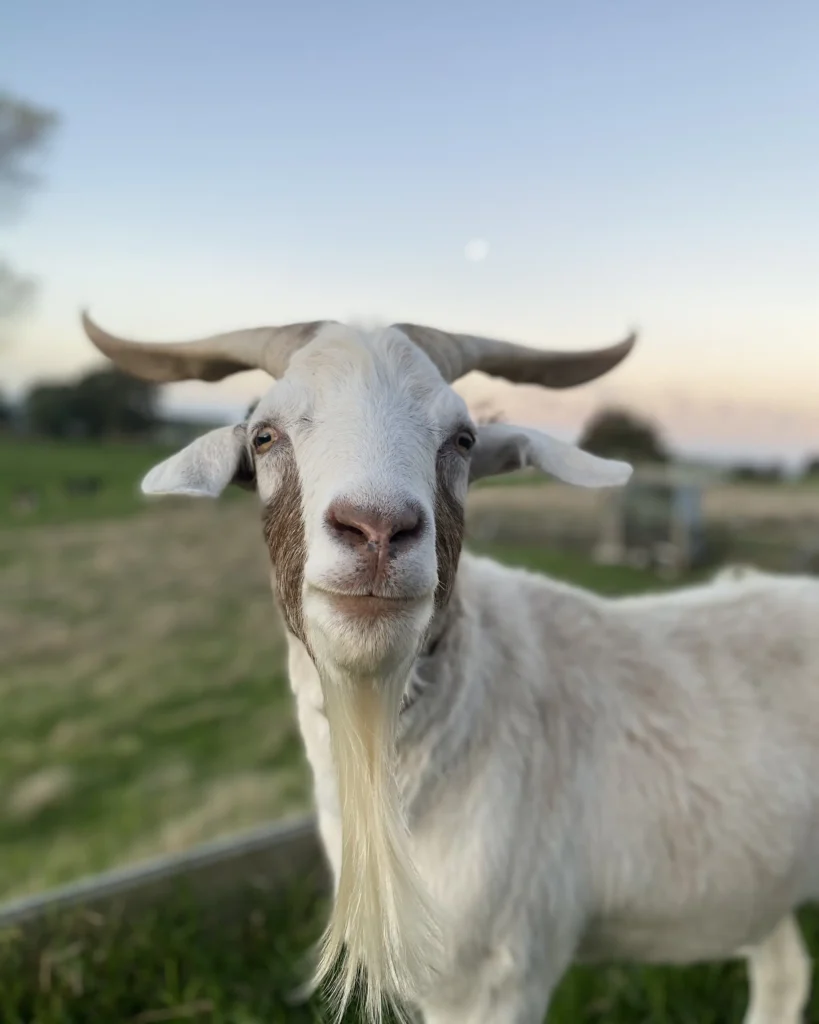
EpiVets Australia is an independent ethics committee that is designed to oversee research applications involving cattle, sheep, goats, alpacas, llamas, pigs, horses, and companion animals.
We set this up as we wanted to create a process that still adhered to high ethical standards but had a committee that could meet more regularly to meet the needs of research speed and could also operate over multiple states.
EpiVets Australia was established to provide a flexible, responsive, and supportive ethics approval process for animal research across multiple states, without compromising on ethical standards. Here’s what sets us apart:

Our committee meets regularly, so your research isn’t delayed by long approval cycles.

We operate across state lines, providing consistent ethics oversight wherever your research takes place.

You’ll work directly with our secretary, who helps with edits, reminders, and logistics throughout the process.

We use Word-based forms with tracked changes, making applications and reviews straightforward and familiar.

We manage your animal usage stats and send reminders for reports and deadlines, so nothing gets missed.

We review your application before it goes to the committee, helping you address any issues early and streamlining approval.
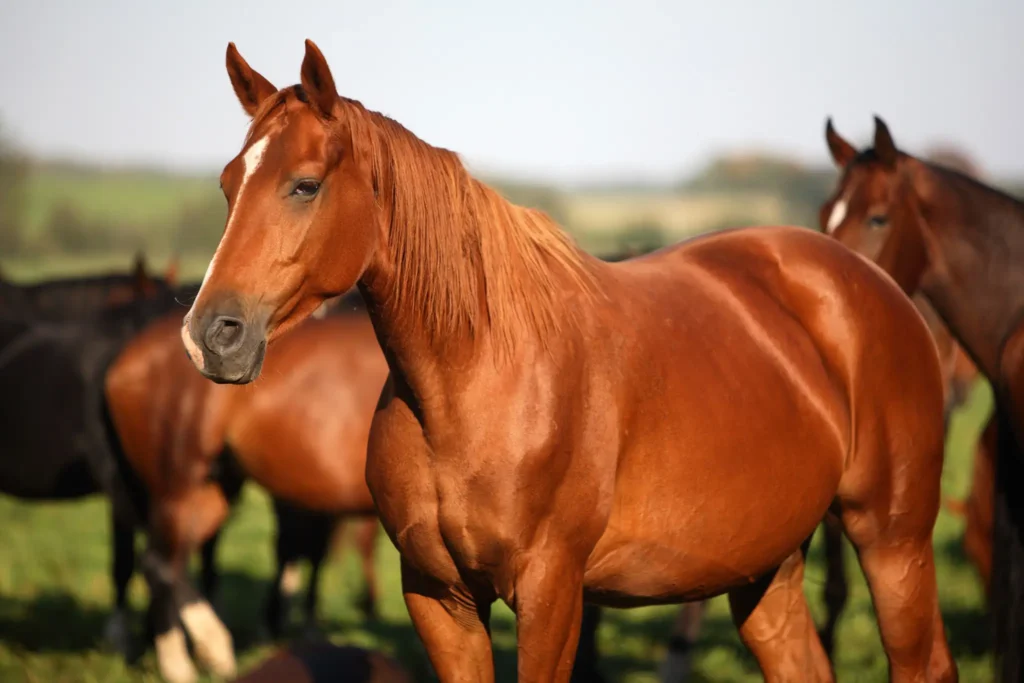
In Australia, the composition of Animal Ethics Committees (AECs) is governed by the National Health and Medical Research Council’s (NHMRC) Australian Code for the Care and Use of Animals for Scientific Purposes (8th edition, 2013) (“The Code”), and is enforced under relevant state and territory animal welfare legislation (e.g. Prevention of Cruelty to Animals Acts and regulations).
According to the Code (Section 2.2.2), every AEC must have at least four members, each from the following distinct categories:
| Category | Description |
|---|---|
| A | A veterinarian (registered veterinary surgeon in Australia), with experience relevant to the institution’s work |
| B | A scientist or teacher with substantial and recent experience in animal-based research or teaching (e.g. holding a higher research degree or equivalent) |
| C | A person committed to and with experience in advancing animal welfare; must be external (not employed by or associated with the institution) and not involved in animal use |
| D | A lay person not previously involved in the use of animals for scientific purposes beyond undergraduate education; completely independent of the institution, providing a community perspective |
Minimum Membership: 4 persons, each fulfilling a different category.
Our AEC is made up of eight members within the appropriate statutory categories as detailed below. The double up of category positions allows for flexibility and agility for holding meetings.
Our AEC operates under clearly defined Terms of Reference, outlining our functions: reviewing protocols, monitoring facilities, addressing non-compliance, and approving care guidelines.
Our AEC members undergo mandatory training, per state/territory regulations (e.g. NSW POCTA Regulations 2019) to ensure awareness of Code obligations and processes.
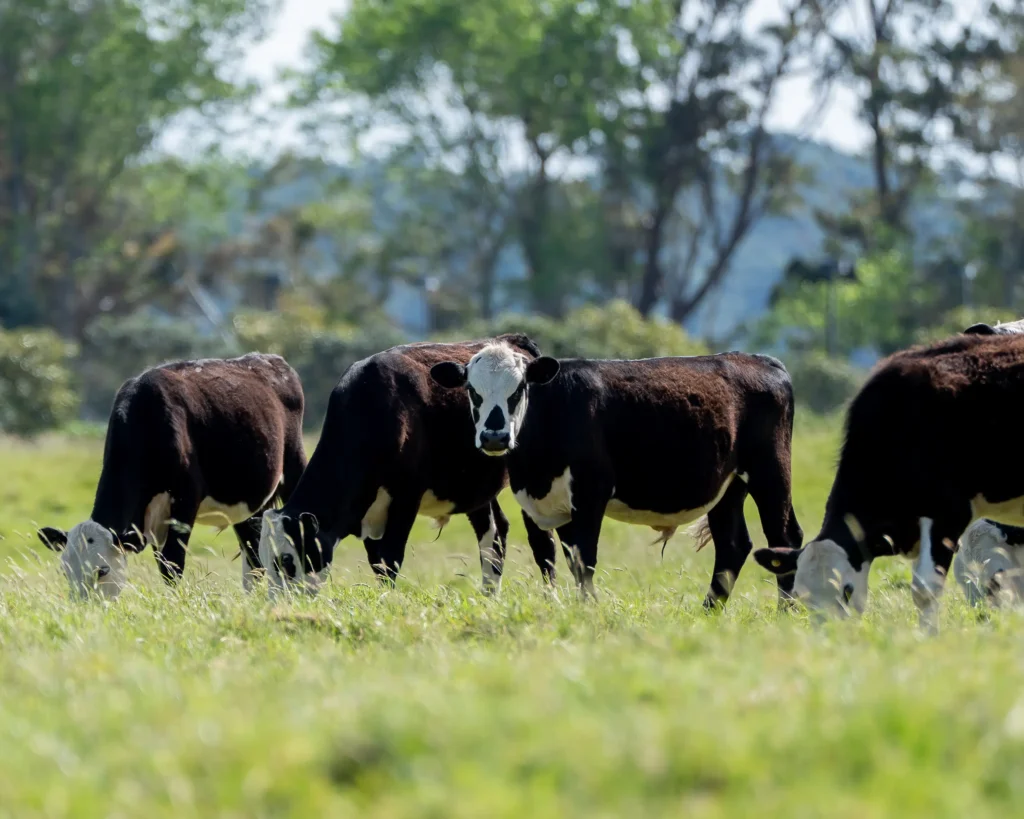
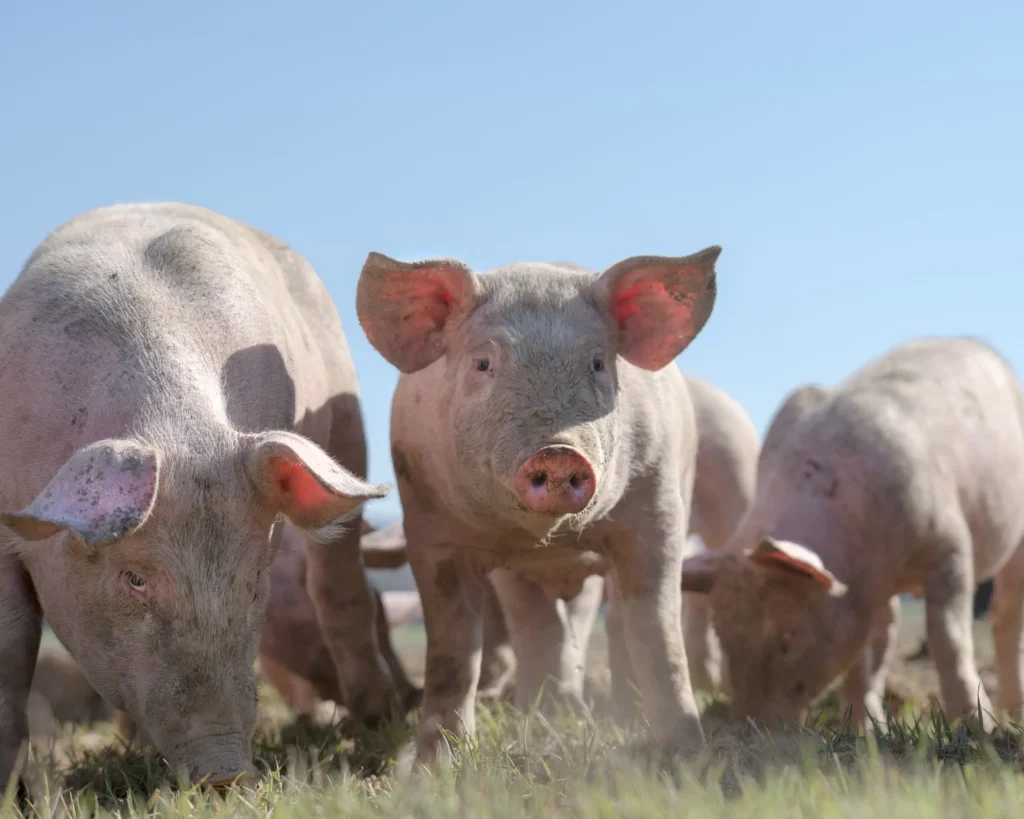
It is entirely optional, but if you would like help from EpiVets to navigate trial design, regulatory approvals, sample sizes, statistical methods or just help working through the process, you can let us know and we will get you in touch with the right people.
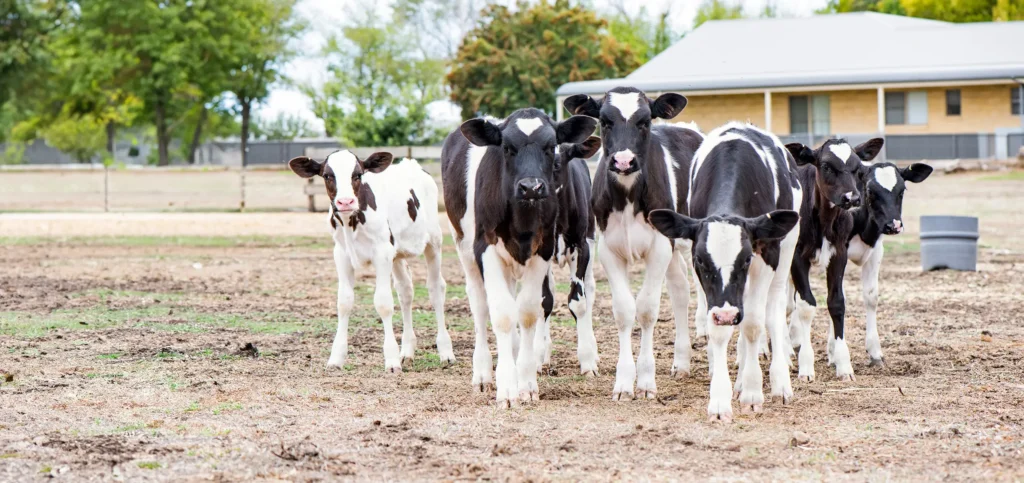
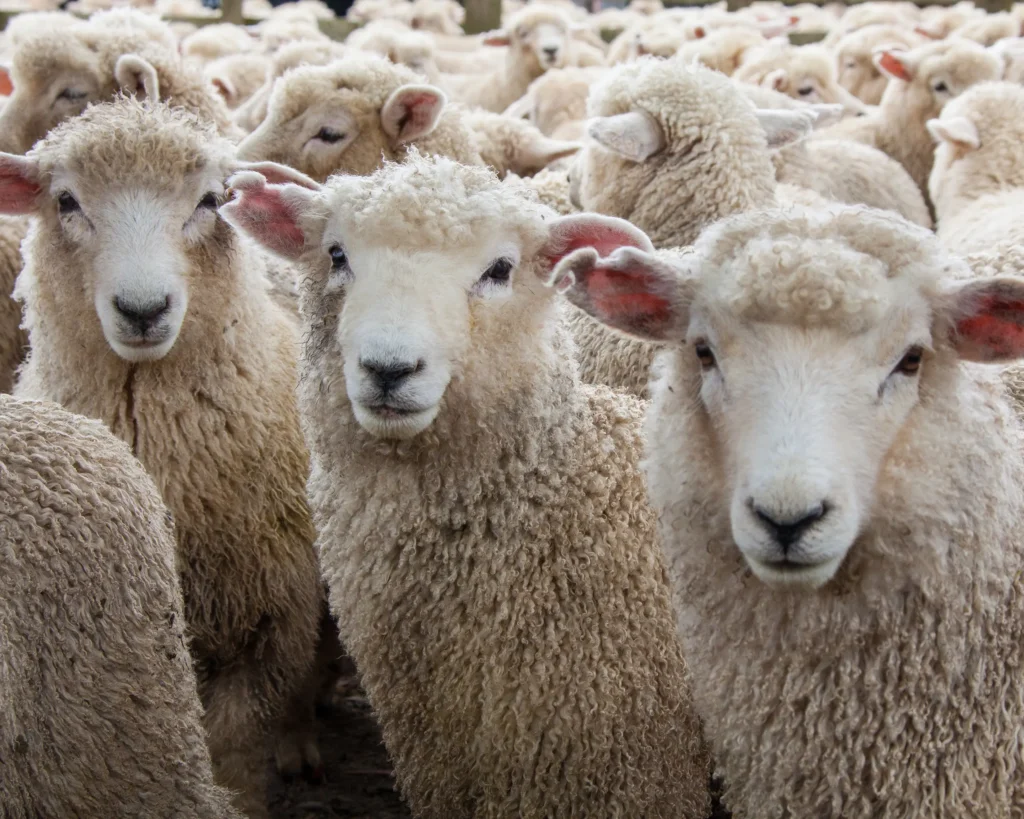
The process for EpiVets Australia follows the same steps as the Tika Ethics process (see the New Zealand committee), but without the ‘parenting’ company requirement.
We also provide reminders, reports, and tracking tools to help you stay on top of all compliance obligations.
EpiVets Australia is here to make animal research ethics simpler, faster, and fully compliant, wherever you are in Australia. If you’re ready to begin or just want to learn more, get in touch with us: